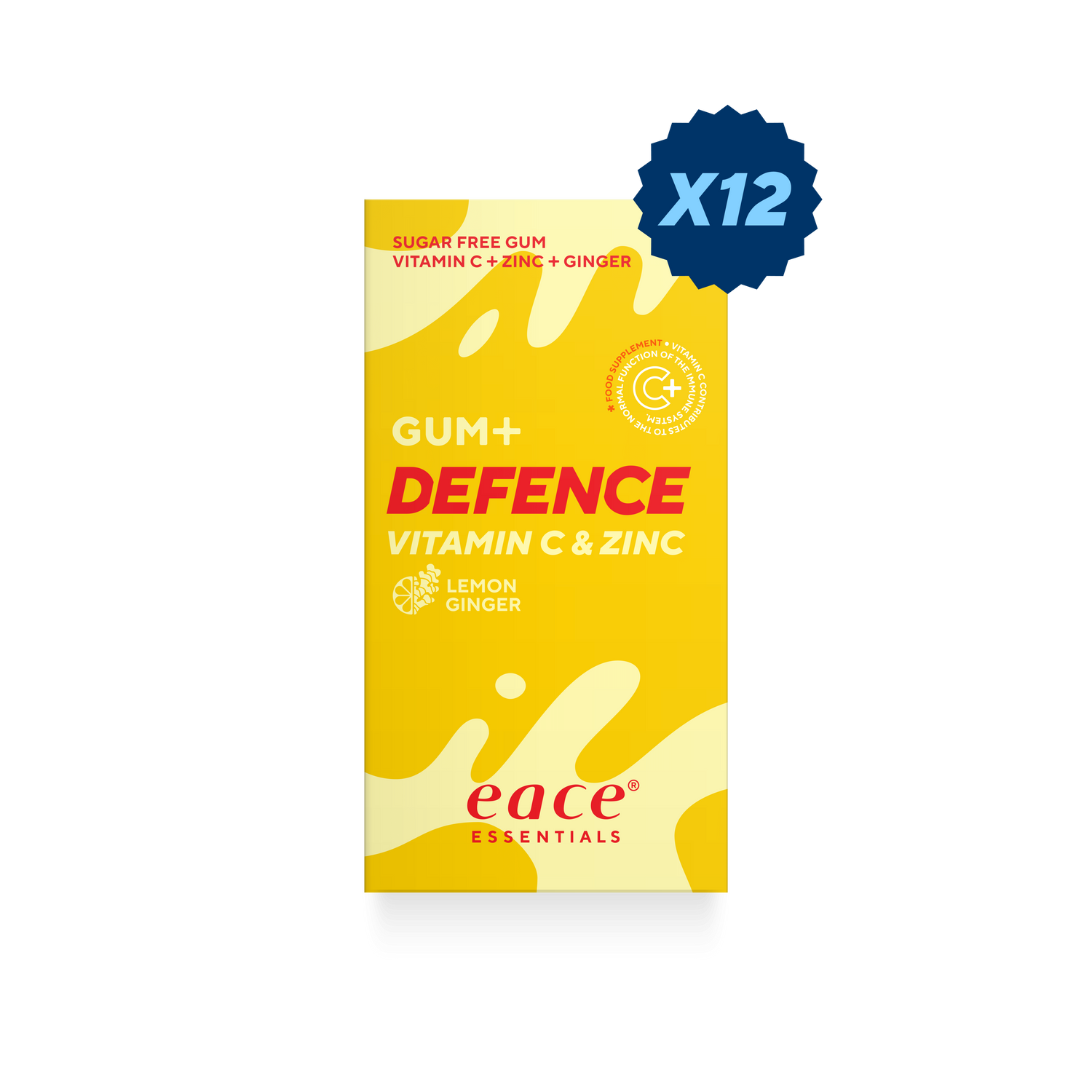CHEWING GUM INCREASES CONCENTRATION AND REDUCES STRESS
Now that we are approaching May, many of us will soon have exams. Several of us have certainly also followed the "hockey-stick model", where you don't do much in the first few months, but in return it gives you an extra shell during the exam period. Following that model always increases one's stress and anxiety level, and one always wishes one had done more before the exam period.
But if you still find yourself in a situation where you have to work extra hard for the exam at the last minute, remember the chewing gum - the perfect study drug. The chewing gum increases one's concentration and also reduces stress.
INCREASES CONCENTRATION AND MEMORY
Several studies have shown that chewing gum increases mental performance. Cognitive functions such as concentration, memory and reaction times were improved when subjects chewed gum. Some studies showed an increase of 25% and even up to 40%. The researchers believe that this is due to increased blood flow to the brain through the physical process of chewing. This increases oxygen to the brain, which further helps improve memory and other cognitive functions.
REDUCES STRESS AND ANXIETY
Chewing gum can help reduce nervousness, stress and anxiety, and in turn can make you feel calmer. Chewing gum can be a good substitute for bad habits such as shaking hands and legs or biting nails or when you feel stressed. This is backed up by studies showing that chewing gum helped reduce the stress hormone, cortisol, in many subjects.
Sources:
Allen, AP, & Smith, AP (2015). Chewing gum: cognitive performance, mood, well-being, and associated physiology. BioMed research international, 2015, 654806.
https://doi.org/10.1155/2015/654806
Scholey, A., Haskell, C., Robertson, B., Kennedy, D., Milne, A., & Wetherell, M. (2009). Chewing gum alleviates negative mood and reduces cortisol during acute laboratory psychological stress. Physiology & Behavior, 97(3-4), 304–312.
https://doi.org/10.1016/j.physbeh.2009.02.028


